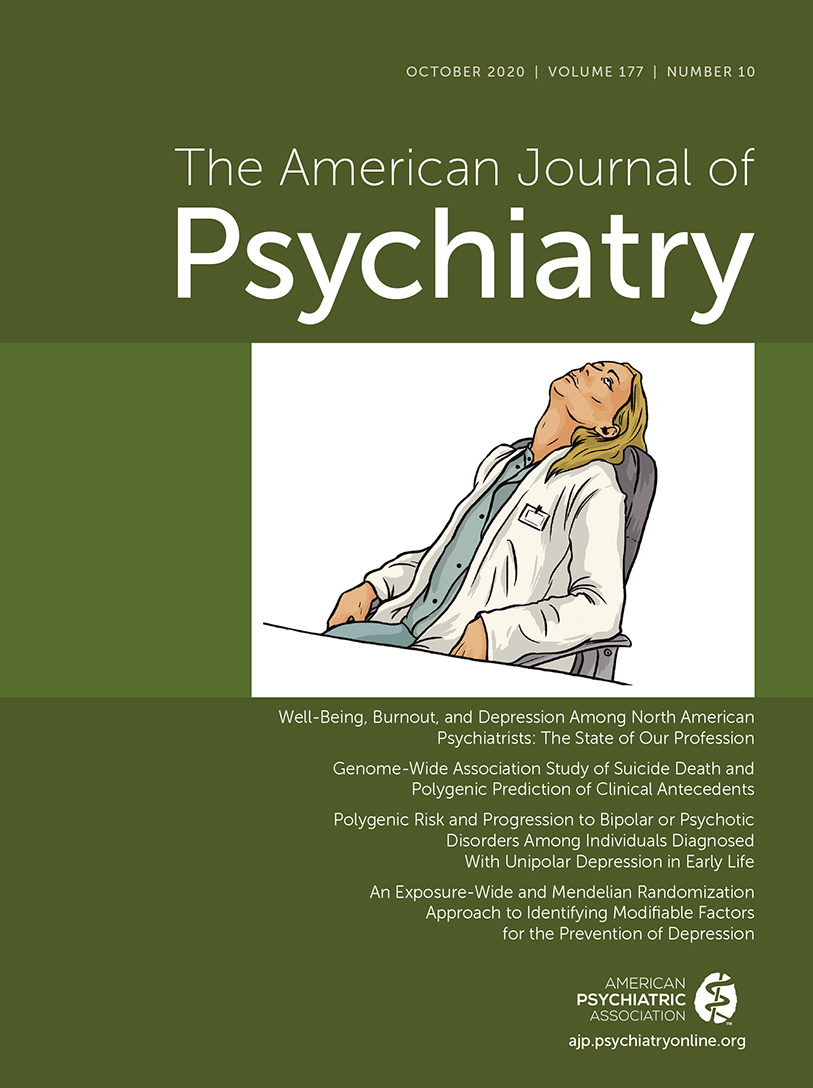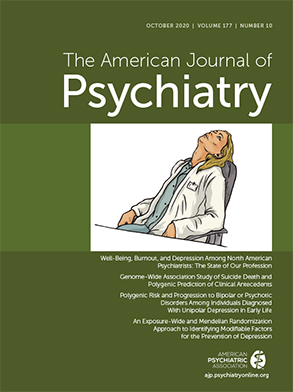Frontline health care workers in areas of the United States hit by COVID-19 are a hardy, resilient bunch, accustomed to rigorous training, demanding schedules, and physically and emotionally challenging working conditions. We use the term “health care worker” here to refer to any individual with occupational exposure to patients with COVID-19. A nonexhaustive list of these roles includes physicians, nurses, emergency medical technicians, clinical researchers, housekeeping staff, building and food services staff, security guards, and hospital administrators. Even for seasoned health care workers, COVID-19 has brought new challenges. In areas hard hit by the pandemic, an enormous number of highly symptomatic patients present for care within a very short time span. This leaves many workers feeling exhausted and depleted. Around all this, a specter of uncertainty looms, for guidelines and standards of care change from one day to the next. Security guards are faced with the dreadful task of refusing hospital entry to family members of those fallen ill. With visitors banned, physicians and nurses are then called upon to comfort patients in the final moments of life. Harrowing images of refrigerator trucks filled with bodies at the end of the workday have been burned into the minds of many.
Those who sacrifice for the common good often do so at the cost of their own psychological well-being. Studies of other heroic populations in our nation’s history allow us to anticipate the mental health consequences that our COVID-19 health care workers will face. The terrorist attacks on the World Trade Center on September 11, 2001, caused almost 3,000 fatalities. When firefighters, police officers, and other first responders were interviewed more than a decade later, nearly 20% had experienced posttraumatic stress disorder (PTSD), and 10% were still suffering (
1). Today, our hospitals are the “ground zeros” of this public health disaster, and our health care workers are among our first responders. There are reasons to believe that the mental health fallout experienced by health care workers from the COVID-19 pandemic could equal or possibly surpass the fallout experienced by World Trade Center responders; the duration of the pandemic, the sheer volume of illness and death, and prepandemic issues of physician burnout that medical centers were already trying to address all can affect the mental health repercussions of the pandemic. A systematic review currently in preprint examined the mental health outcomes of health care workers after viral epidemics and found high rates of anxiety, depression, burnout, and PTSD (
2). Some factors increase the likelihood of poor mental health outcomes in frontline health care workers. These include younger age, lack of social support, stigmatization, level of risk exposure, and level of training (
2). Such data are derived from outbreaks far below the scale seen with COVID-19. Data are emerging that frontline health care workers in areas affected by COVID-19 will also have high levels of these conditions (
3), but further research is needed to truly understand their scale and scope.
We urge swift action at the national level to help protect the mental well-being of our health care workers. Public funding agencies, such as the National Institute of Mental Health, the Substance Abuse and Mental Health Services Administration, and the Federal Emergency Management Agency (through its crisis counseling program) should initiate rapid funding mechanisms for clinical programs that expand treatment capacity for evidence-based interventions and for research programs that deepen knowledge of the mental health consequences of the COVID-19 pandemic. Resilience-building interventions have shown promise as prevention strategies (
2,
4,
5), and we encourage our colleagues in psychiatry at clinical centers affected by COVID-19 surges to muster whatever internal resources are available to implement such programs while waiting for government action. Such programs not only will assist health care workers who have already been negatively affected by this pandemic but also will prepare staff for future adversity. We must not ignore history. We cannot wait. We need to act now in support of the heroes of this moment.

